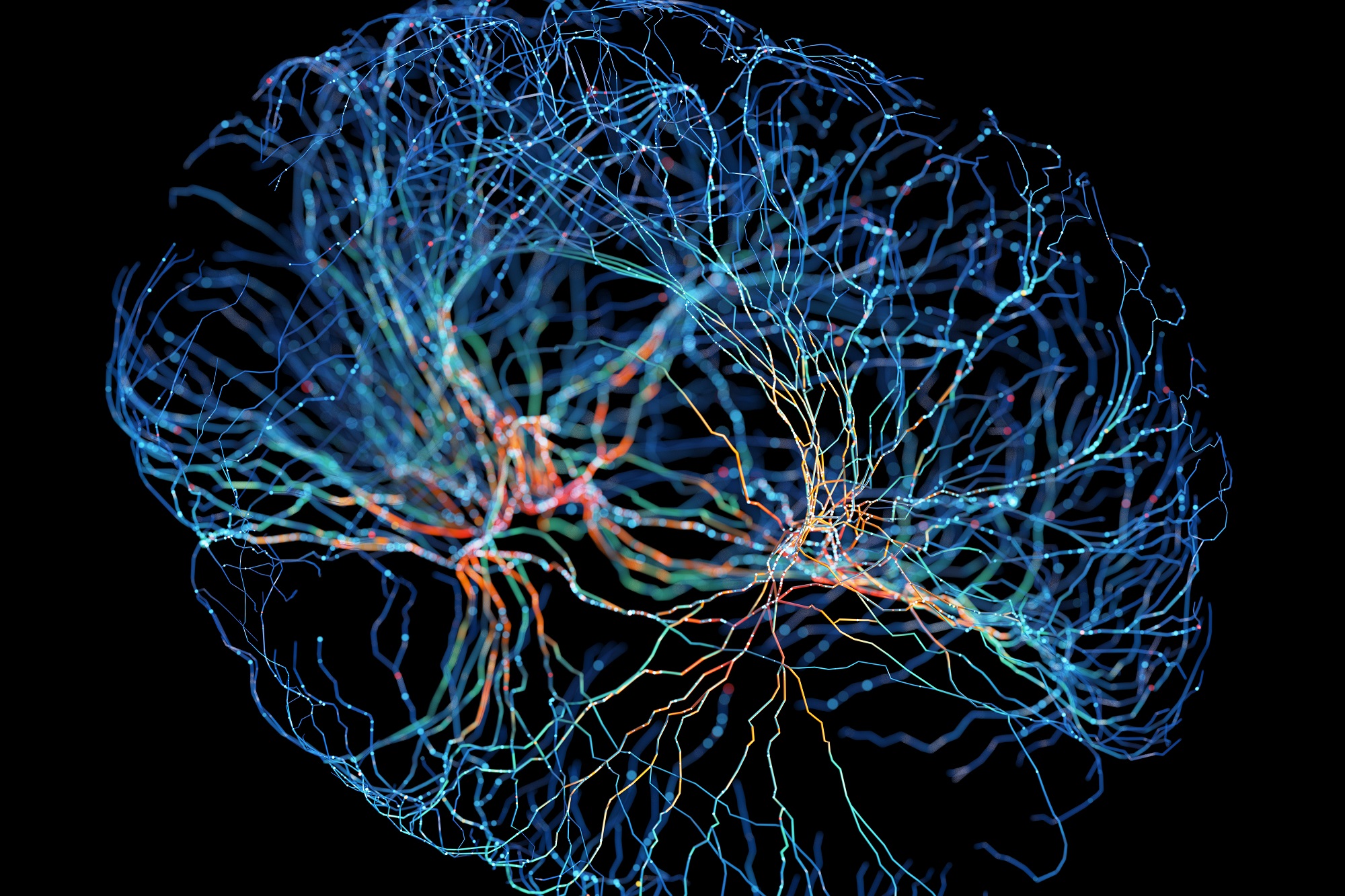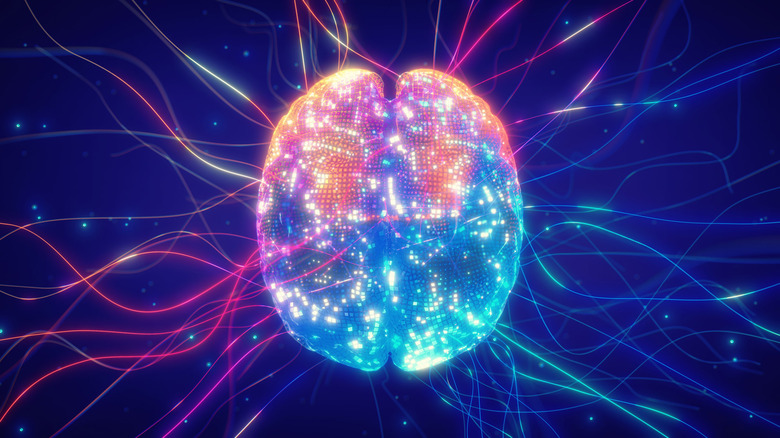Your Brain Might Be Trying To Predict The Future When You Sleep
A new study on sleep and learning shows a new development about the brain's activity at rest. Some of the neurons in the brain might be firing off during sleep in a way that convinced researchers the brain might be trying to predict the future.
The new research from Rice University and the University of Michigan builds on existing studies that show sleep is important for learning, as it helps create new memories.
It's unclear whether the activity the researchers observed is actually responsible for dreaming. That would mean that some of our dreams are trying to predict the future. But I will say that I think I experienced this newly discovered brain feature when I was much younger.
I would routinely wake up during the night with solutions to some of the more challenging math problems for school. I'd wake up and write it up. That's how excited I'd be about finding the correct answer. The brain was probably working overtime while I was sleeping. It must have been dreaming that I could solve the puzzle that seemed too difficult just mere hours earlier. It happened with video games later in life.
The scientists at Rice and Michigan did not test their hypothesis on humans. Instead, they observed the brains of rats while they were awake and performing a specific task. They then monitored the animals during sleep and observed how the brain's neurons were working.
A machine learning algorithm allowed them to conclude that the rats were actually dreaming of the new place they had just experienced while awake.
A report from Rice University explains that other studies observed decades ago that the brains of sleeping animals that explored a new setting just before sleep were firing in ways that allowed them to replay the new trajectories. That's how the brain might form new memories.
However, the researchers set out to determine whether the neurons would try to put the problem in a new light during sleep.
"We imagined that some neurons might change their representations ⎯ reflecting the experience we've all had of waking up with a new understanding of a problem," neuroscientist Caleb Kemere said.

The researchers trained the rats to run back and forth on a raised track with liquid rewards at both ends. They observed how the individual neurons in the hippocampus would "spike." The scientists averaged the spiking rate of neurons over many laps. That's how they estimated the neurons's place field "or the area in the environment that a given neuron 'cared' about most."
The next step was assessing the behavior of place fields when the animals were asleep. Therefore, they were not moving through the maze.
"We addressed this challenge by relating the activity of each individual neuron to the activity of all the other neurons," associate professor of anesthesiology at Michigan Kamran Diba said.
That's where AI comes in. The researchers used machine learning algorithms to examine the neurons and determine where the animal was dreaming of being. They then used the dreamed positions to estimate the spatial tuning process for each neuron they observed.
That's how the researchers observed that the neurons do not try just to stabilize a new memory the brain just forms. It's as if the animals reexperience the problem during sleep. Here's how Kemere explained the findings in Rice University's report:
The thing that I loved the most about this research and the reason that I was so excited about it is finding that it's not necessarily the case that during sleep, the only thing these neurons do is to stabilize a memory of the experience. It turns out some neurons end up doing something else.
We can see these other changes occurring during sleep, and when we put the animals back in the environment a second time, we can validate that these changes really do reflect something that was learned while the animals were asleep. It's as if the second exposure to the space actually happens while the animal is sleeping.
This might be the first study that shows that neuroplasticity happens during sleep. Plasticity research examines the mechanisms that allow the neurons to rewire and form new representations. But most studies look at that actvitity while subjects are awake and dealing with stimuli.
What about nightmares and deja vu?
Forget about solving math problems while I sleep. If these findings are accurate, I'd like to know what nightmares are when looking at neurons from this perspective. Maybe the brain is indeed trying to predict the worst of outcomes by having me experience near-death adventures in my sleep.
Also, I can't help but wonder whether deja vu, the feeling of having experienced a particular event, is connected to this specific brain behavior.
I'm speculating wildly, and more researchers, maybe on actual human brains, might be required to test those questions. Meanwhile, you'll find the full brain sleep study in Nature.
